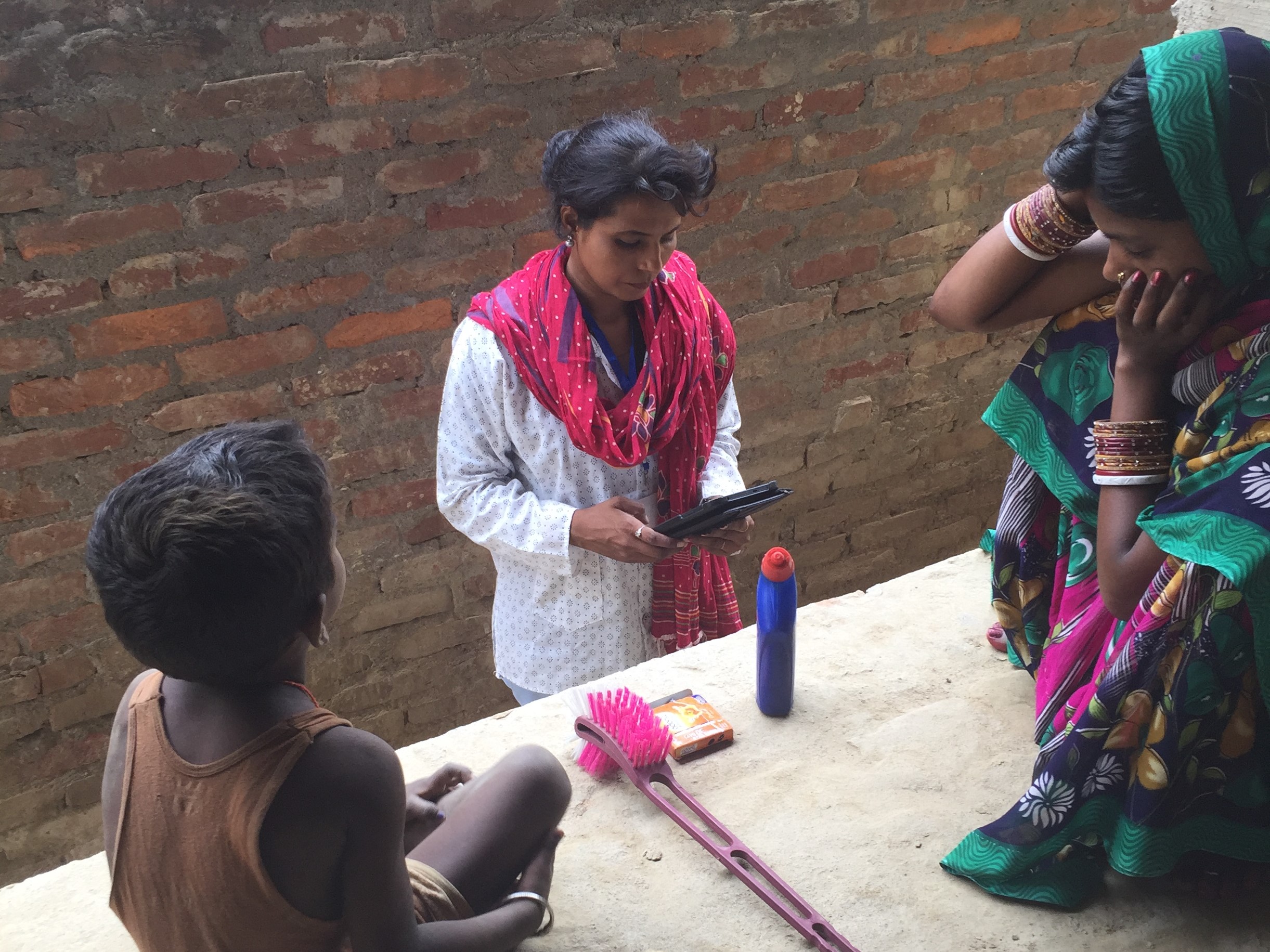Linking from the IDinsight blog.
By Siobhan McDonough, Pulkit Agarwal, Ritika Rastogi, and Karan Nagpal
Our team piloted the Likert scale to address social biases potentially influencing participants’ answers.
Summary
IDinsight aims to use the right evidence tool in each context to find effective solutions to social challenges. We wanted to understand why people were engaging in open defecation instead of using latrines. Answering this question would help inform how policymakers implement a cost-effective approach to reducing open defecation. To understand mental barriers to latrine use, we created a survey using the Likert scale — an approach that helps measure attitudes — and piloted five different versions to get the most honest answer from participants. We also designed and tested sanitation-related “nudges” to reduce the mental barriers towards using latrines that were identified in the survey. This article explores how our team piloted the Likert scale to address social biases potentially influencing participants’ answers and to more deeply understand why people weren’t using latrines.
The question: why are people engaging in open defecation instead of using latrines — is both critical to accurately answer and difficult to measure. Open defecation is linked to harmful and sometimes fatal health problems such as diarrhea, cholera, and typhoid. Despite these effects, people sometimes still engage in open defecation even when they have latrines. Addressing this tendency cannot be addressed without knowing the reasons someone might do this. If someone engages in open defecation because he feels it is cleaner than using a latrine, then a policy that provides free access to a toilet cleaning brush might make him more likely to use the latrine. But if he engages in open defecation because he thinks toilets are primarily for the women in his family, then providing a brush probably won’t be effective.
As we’ll detail below, the true reasons people choose to engage in open defecation are difficult to measure because open defecation is seen as a “bad” social behaviour and people being surveyed might bias their answers towards what they think surveyors or their community want to hear. Questions need to be framed in a way that will make people comfortable giving their true feelings — often, this requires testing different ways of asking about the same thing. We found that, qualitatively, the most effective way to ask these questions in our context was to frame questions as full sentences about peoples’ feelings towards latrine-related matters:
[Select the response you most agree with] It is difficult to clean and maintain the latrine.
1. Yes, it is very difficult.
2. It is difficult but not very difficult.
3. It is not difficult at all.
शौचालय की साफ़ सफाई और उसका ध्यान रखना मुश्किल होता है.
1. हाँ, बहुत मुश्किल होता है
2. मुश्किल होता है, लेकिन ज्यादा नहीं
3. बिलकुल भी मुश्किल नहीं होता है

